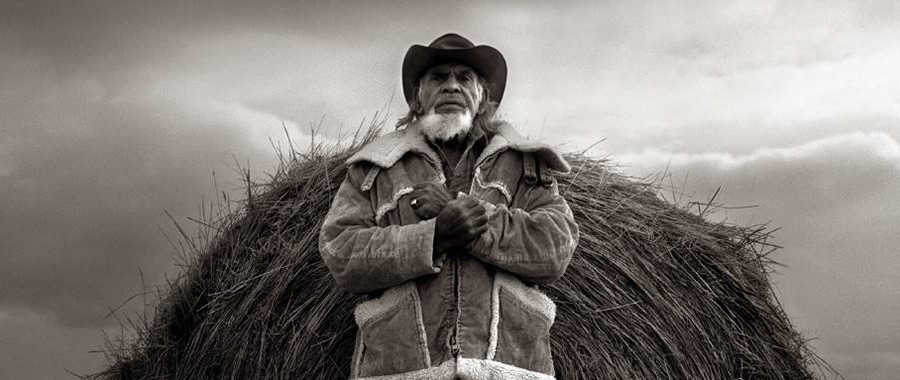The intersection of Australian Aboriginal identity and the Bahá’í Faith presents a compelling framework for understanding both the spiritual and cultural dimensions of identity. The Bahá’í teachings advocate a progressive outlook on the unity of humankind, emphasizing the importance of acknowledgment and appreciation of diverse cultural backgrounds. Within this context, the Bahá’í perspective offers valuable insights into the Aboriginal experience and identity in Australia, promoting an ethos of respect and inclusion.
Central to the Bahá’í Faith is the belief in the oneness of humanity, which fundamentally influences its approach to cultural identity. This principle posits that all people are created equal, regardless of their ethnic or cultural background. For Aboriginal Australians, whose rich cultural heritage has been marginalized for over two centuries, this perspective is particularly resonant. The Bahá’í teachings encourage adherents to engage deeply with local cultures, recognizing the intrinsic value of indigenous knowledge systems and spiritual practices.
In addition to the principle of unity, the Bahá’í teachings extol the importance of justice and equity. Social justice is a recurrent theme in the Faith’s literature, urging believers to advocate for the rights of the oppressed. The historical injustices faced by Aboriginal peoples in Australia—such as land dispossession, cultural erasure, and socioeconomic marginalization—call for immediate and sustained action. Bahá’ís are encouraged to stand in solidarity with Aboriginal communities, promoting their rights and supporting initiatives that foster cultural revitalization and self-determination.
Importantly, the Bahá’í Faith emphasizes the necessity of education as a vehicle for societal transformation. This includes providing access to educational resources and opportunities for Aboriginal youth, who have often faced systemic barriers in the Australian educational system. By fostering educational initiatives designed to incorporate Indigenous perspectives and histories, not only do Bahá’ís contribute to the elevation of Aboriginal identity, but they also enhance the broader societal understanding of Australia’s multifaceted identity.
In exploring the nuances of Australian Aboriginal identity, the Bahá’í teachings encourage dialogue that transcends mere acknowledgment of cultural differences. The Faith promotes a sophisticated framework for intercultural competence, suggesting that genuine engagement with diverse communities fosters mutual respect and learning. This principle is particularly pertinent in contexts where Aboriginal cultures and traditions can be seen as integral components of Australia’s national identity, rather than as separate or anomalous entities.
Moreover, the concept of spiritual and cultural synthesis is profoundly relevant. The Bahá’í perspective holds that the spiritual essence of all people can converge, creating a larger tapestry of collective consciousness. Aboriginal spirituality, characterized by deep connections to the land and community, can enrich the Bahá’í understanding of creation and interconnectedness. By integrating elements of Aboriginal spirituality with Bahá’í principles, believers can cultivate a deeper appreciation for the wisdom embedded within these indigenous traditions.
Further, the Bahá’í community’s involvement in the commemoration and celebration of Aboriginal heritage can foster a sense of belonging for Indigenous peoples. Observing and participating in cultural events, such as NAIDOC Week or Harmony Day, serves to uplift and honor Aboriginal identity. Such engagements offer Bahá’ís an opportunity to learn from Aboriginal voices, fostering a reciprocal exchange of wisdom and experience that benefits all parties involved.
The teachings of the Bahá’í Faith also impart a sense of hope for healing and reconciliation. In a country marked by historical traumas, the Faith advocates for restorative justice mechanisms that focus on healing relationships among and between communities. This ethos resonates strongly with Aboriginal aspirations for justice, healing, and recognition. The Bahá’í vision for a united society contributes to broader discourses on reconciliation in Australia, where all identities are duly acknowledged, and where the stigmas of the past are addressed with sincerity and compassion.
Furthermore, building communities that embrace inclusivity is at the crux of Bahá’í principles. This endeavor necessitates the dismantling of structural inequities that undermine Aboriginal rights and identity. Engaging with the multiple facets of identity—including gender, language, and kinship—within Aboriginal contexts can illuminate pathways toward collaborative efforts aimed at social change. The Bahá’í community is thus positioned to facilitate these exchanges and bridge cultural divides through service-oriented initiatives and meaningful partnerships.
In sum, the relationship between Australian Aboriginal identity and the Bahá’í Faith is rich with potential for mutual enrichment and understanding. The teachings of this Faith, centered on unity, justice, education, and inclusion, invite adherents to engage constructively with Aboriginal cultures. Through advocacy, celebration, and a commitment to healing, Bahá’ís can actively participate in honoring the integrity and dignity of Aboriginal identities. The path forward lies in collective action and shared purpose, creating a multi-faceted understanding that not only uplifts Aboriginal voices but also reinforces the universal Bahá’í imperative of unity in diversity.
